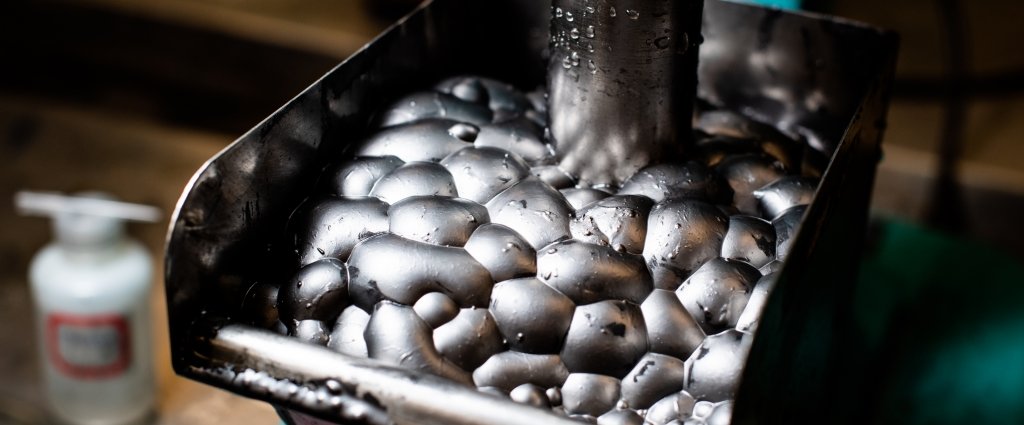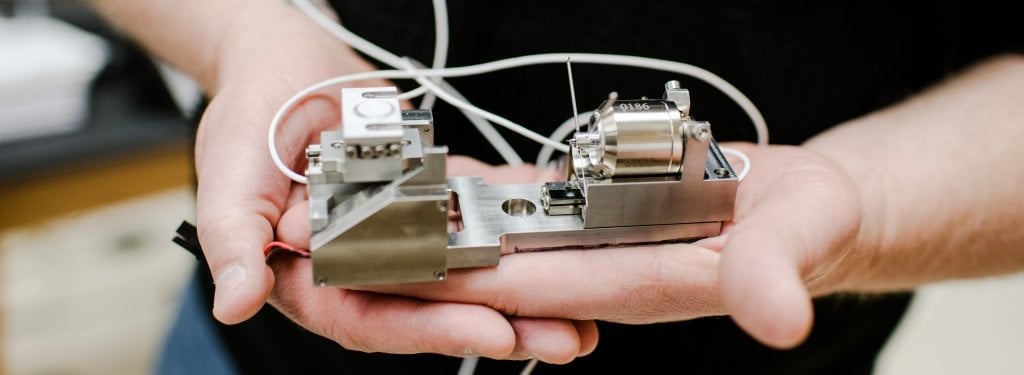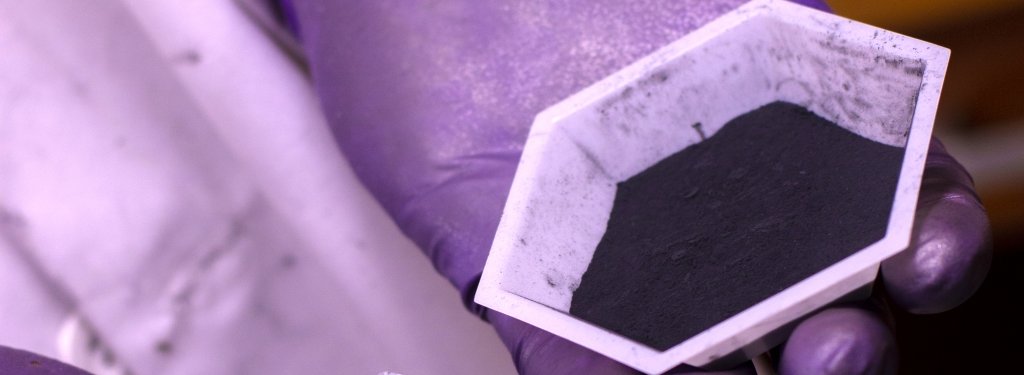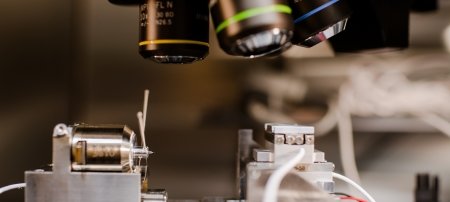Michigan Tech part of collaboration aimed at creating national supply of lithium-based battery materials and spurring electric vehicle industry.
The use of lithium-ion batteries has surged in recent years, including in the growing electric and hybrid vehicle industry. But the technologies to recycle these batteries has not kept pace.
The U.S. Department of Energy (DOE) launched its first lithium-ion battery recycling research and development center today, called the ReCell Center.
Lei Pan, assistant professor of chemical engineering at Michigan Technological University, is collaborating with DOE and Argonne National Laboratory, where the ReCell Center is located.
“We are developing separation technologies with a goal of producing high-purity reusable battery materials from waste lithium-ion batteries,” Pan said.

The center collaborators will focus on four key research areas to enable profitable lithium-ion battery recycling for industry adoption:
- A direct cathode recycling focus will develop recycling processes that generate products that go directly back into new batteries without the need for costly reprocessing;
- A focus to recover other materials will work to create technologies that cost effectively recycle other battery materials, providing additional revenue streams;
- Design for recycling will develop new battery designs optimized to make future batteries easier to recycle; and
- Modeling and analysis tools will be developed and utilized to help direct an efficient path of R&D and to validate the work performed within the center.
“ReCell brings our national laboratories, the private sector and universities together to develop advanced technologies that safely and cost effectively recycle lithium-ion batteries,” said Daniel R. Simmons, assistant secretary of DOE’s Office of Energy Efficiency and Renewable Energy. “This center will create jobs and create a national supply of lithium-based battery materials, as well as spur the adoption of an affordable electric vehicle economy. Partnering with the private sector, National Laboratories, and universities, the Battery Recycling Prize and Research and Development (R&D) Center will develop innovative technologies that recover and use recycled materials. “These efforts will reduce our dependence on foreign sources of critical materials, strengthening America’s economic growth and energy security.”
Recycled materials from lithium-ion batteries can be reused in new batteries, reducing production costs by 10 to 30 percent, which could help lower the overall cost of electric vehicle (EV) batteries to DOE’s goal of $80 per kilowatt hour.
The ReCell Center, DOE’s first advanced battery recycling R&D initiative, is a collaboration between Argonne; the National Renewable Energy Laboratory; Oak Ridge National Laboratory and several universities including Worcester Polytechnic Institute, University of California at San Diego and Michigan Technological University.
University and national laboratory collaborators will use state-of-the-art R&D tools at their home institutions to develop new methods for separating and reclaiming valuable materials from spent EV batteries. Researchers will then scale up the most promising technologies at the ReCell Center facilities located at Argonne, where industrial collaborators can explore the technologies and develop them further. The center will be a collaboration space for researchers from industry, academia and other government laboratories to use R&D tools not found at their own laboratories and to grow pre-commercial technologies.
The ReCell Center is supported by DOE with $15 million over three years and its work will include development of test beds and a process scale-up facility at Argonne.
A student group Lei Pan advised in applying mineral processing techniques to battery component separation and recycling participated at the People, Prosperity and the Planet (P3) competition in April 2018 in Washington, D.C., and the American Institute of Chemical Engineers Youth Council on Sustainable Science and Technology (YCOSST) presented the team its YCOSST P3 Award.
Michigan Technological University is an R1 public research university founded in 1885 in Houghton, and is home to nearly 7,500 students from more than 60 countries around the world. Consistently ranked among the best universities in the country for return on investment, Michigan's flagship technological university offers more than 120 undergraduate and graduate degree programs in science and technology, engineering, computing, forestry, business, health professions, humanities, mathematics, social sciences, and the arts. The rural campus is situated just miles from Lake Superior in Michigan's Upper Peninsula, offering year-round opportunities for outdoor adventure.






Comments